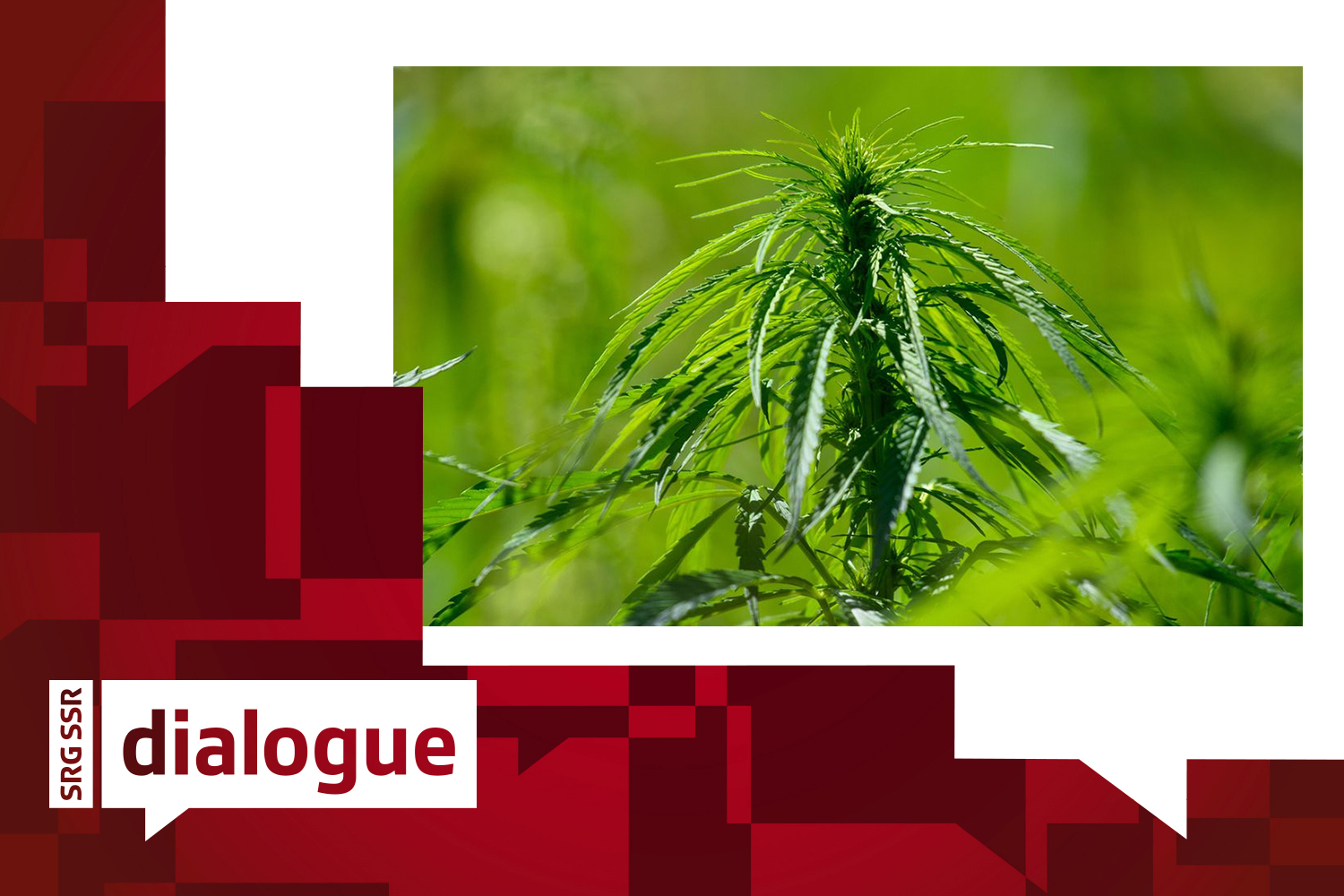
Switzerland Today
Dear Swiss Abroad,
If you were to move back to Switzerland, what would your main national language be? Would you speak German, like 60% of inhabitants? Or French, like 22.8%? Or would you simply keep speaking English, which seems to be fast becoming the third “national” language? In today’s briefing we bring news of the shifting picture of Swiss multilingualism. Andiamo!

In the news: flying profits, banking risks, and winter warmer.
- Swiss International Air Lines (SWISS) increased turnover in the first quarter of 2024 to CHF1.2 billion ($1.31 billion), while operating profits fell to CHF30.7 million. Weaker cargo business and higher costs, particularly in personnel, contributed to the drop in profits, the airline said.
- The Swiss finance minister has repeated calls for higher equity requirements for banks, which would facilitate a wind-down in the case of an emergency. Karin Keller-Sutter specifically mentioned the risk of a giant UBS, whose balance sheet is now double that of Switzerland’s GDP.
- Mild temperatures and heavy rainfall (for hydropower) helped Switzerland to avoid serious energy shortages last winter, the Federal Electricity Commission said today. Well-filled gas stores in Europe and a boosted supply of nuclear power from France are also optimistic signs for winter 2024-2025, it said.

Biel/Bienne and Fribourg: French on the rise.
German dominates in multilingual Switzerland. Some 60% of inhabitants say it is their main language. French (22.8%), Italian (8.7%), and upstart English (8.1%) are the best of the rest. But while French-speakers especially like to moan about their minority status, they have actually been gaining ground over the years: since 1980, the proportion of the population with French as their main language has increased by four percentage points, the same amount lost by German in the period.
In the bilingual cities of Biel/Bienne and Fribourg, this trend is even clearer. In Biel/Bienne, SRF reports, German has fallen from 66.6% to 50.7% over the past century; French has grown from 30.2% to 42.4%. And in Fribourg 71.4% now list French as their main tongue; just 17.8% are German speakers. Why the shift? Migration is a factor, both within Switzerland – as many move from pricey Geneva and Lausanne to cheaper Biel/Bienne and Fribourg – and from without, with Africans and Portuguese favouring French.
But politics also plays a role. In Biel/Bienne, a city with bilingualism “in its DNA”, the minority language of French has been actively promoted in the culture and education sectors, its mayor told SRF. Read the full article – in English – here.

Sixteen years later, another effort to legalise weed in Switzerland.
Liberal ideas about cannabis are in the air in Switzerland. Cities are organising trials to distribute the drug via pharmacies, while judges have been exploring the limits of what constitutes “criminal” usage. Now a people’s initiative wants to go even further, the federal chancellery said today. A new proposal, called “Legalise cannabis: an opportunity for the economy, health, and equality”, would make it OK to own, grow, and sell weed – all within strict licensing conditions and within a certain scale.
The idea sounds like a very Swiss way of micro-regulating: the level of THC in the legal weed would also be fixed in such a way that the consumption of five grams would still leave you in a condition able to drive a car. Meanwhile, the tax intake from cannabis sales would flow into official communication campaigns about the danger of smoking too much weed in the first place. Voters previously turned down a legalisation idea in 2008; the current campaign has until October 2025 to collect 100,000 signatures to force a vote on its idea.

More
Should Switzerland legalise cannabis consumption?

In compliance with the JTI standards
More: SWI swissinfo.ch certified by the Journalism Trust Initiative








